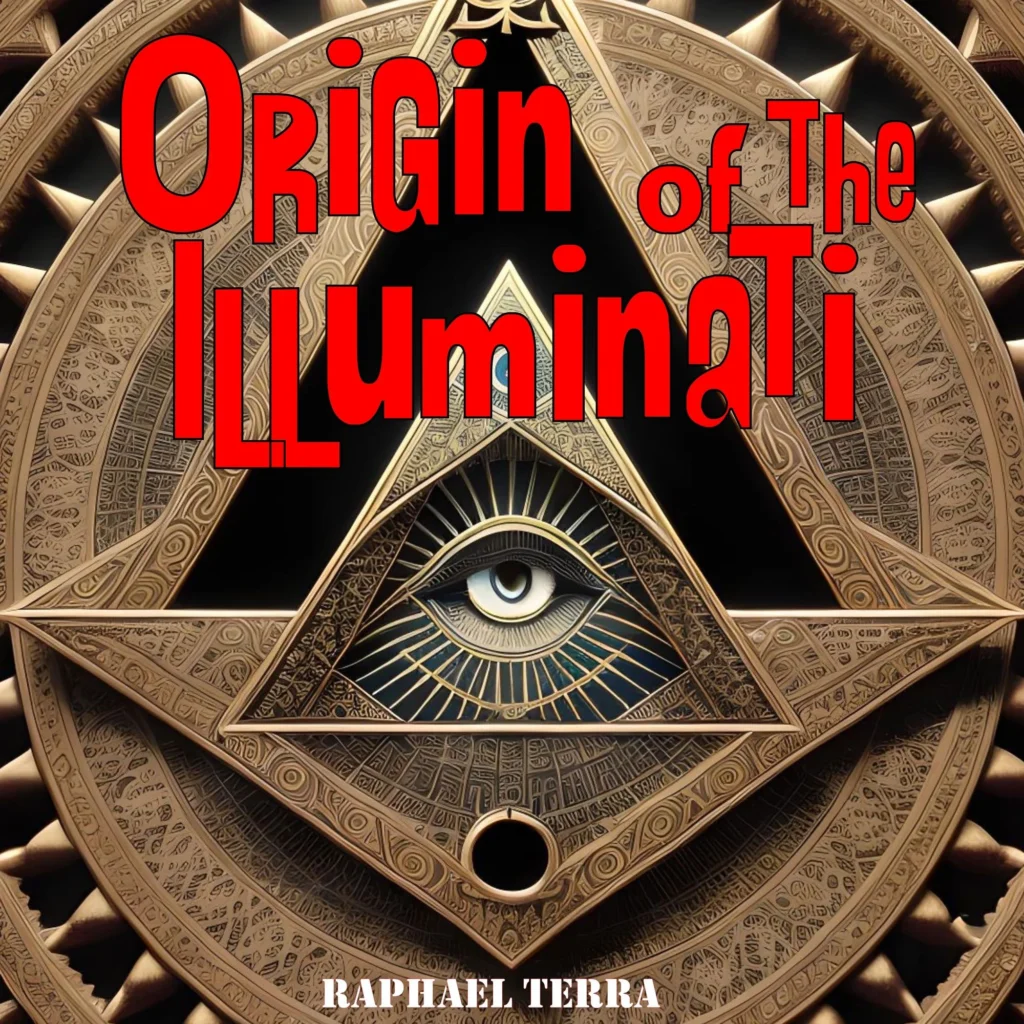
THE ILLUMINATI
Origin of The Illuminati: The term “Illuminati” often conjures images of shadowy figures manipulating world events from behind the scenes. From conspiracy theories to pop culture references, the Illuminati has been depicted as a secretive, powerful, and malevolent organization. However, the true origins of the Illuminati are far more grounded in historical fact than in fiction. To understand the Illuminati, we must journey back to 18th century Bavaria and explore the societal and philosophical currents that gave rise to this enigmatic group.
The Birth of the Illuminati
The Illuminati was founded on May 1, 1776, by Adam Weishaupt, a professor of canon law at the University of Ingolstadt in Bavaria (now part of modern-day Germany). Weishaupt, dissatisfied with the influence of the Catholic Church and the absolute power of the monarchy, sought to promote enlightenment ideals such as reason, secularism, and the separation of church and state. His vision was to create a society of individuals who would advocate for intellectual freedom and oppose oppression.
Weishaupt initially named his organization the “Perfectibilists,” but it was soon rebranded as the “Illuminati,” derived from the Latin word “illuminatus,” meaning “enlightened.” The group aimed to cultivate a network of like-minded individuals who could influence political decisions and foster societal progress.
Structure and Beliefs
The Illuminati was structured hierarchically, with members advancing through different degrees of initiation, much like the Freemasons, whose organizational model influenced Weishaupt. The hierarchy included novices, Minervals, and illuminated Minervals, each with its own rituals and responsibilities. The ultimate goal was to reach the rank of “King,” where members would be privy to the deepest secrets and strategies of the order.
Central to the Illuminati’s philosophy were the principles of enlightenment: the promotion of knowledge, freedom of thought, and the pursuit of happiness. They sought to eliminate superstition, prejudice, and the abuse of state power. The Illuminati believed that by educating and influencing key individuals in society, they could foster an environment of rational governance and individual liberty.
Expansion and Influence
The Illuminati initially recruited members from the elite circles of Bavarian society, including academics, politicians, and intellectuals. They also infiltrated other secret societies, most notably the Freemasons, to extend their reach and influence. By the late 1780s, the Illuminati claimed several hundred members, including prominent figures such as Johann Wolfgang von Goethe and Duke Ferdinand of Brunswick.
However, the organization’s secrecy and perceived threat to established religious and political institutions soon attracted the attention of the authorities. In 1784, Charles Theodore, Elector of Bavaria, issued an edict banning all secret societies, including the Illuminati. Subsequent decrees intensified the crackdown, leading to the arrest and exile of many members and the dissolution of the order by the late 1780s.
The Legacy and Modern Mythology
Despite its relatively short existence, the Illuminati left a lasting impact on the cultural imagination. The secrecy, ambitious goals, and elite membership of the organization created fertile ground for conspiracy theories. In the 19th and 20th centuries, various authors and theorists wove elaborate narratives about the Illuminati’s supposed continued influence, linking the group to major political events and movements.
These theories were further popularized by works of fiction and sensationalist literature, painting the Illuminati as a clandestine cabal wielding immense power over global affairs. Novels, films, and even music often reference the Illuminati, perpetuating the mythos of an omnipotent secret society.
Separating Fact from Fiction
While the historical Illuminati was a genuine organization with concrete philosophical and political objectives, the modern conception of the Illuminati as an all-powerful, hidden force is largely a product of imagination and speculation. The real Illuminati sought to enlighten and reform society through education and rational discourse, rather than through nefarious means.
Understanding the origins and true nature of the Illuminati allows us to appreciate the historical context in which they emerged. It also highlights the enduring fascination with secret societies and the human penchant for conspiracy theories. As we unravel the mystery of the Illuminati, we find a story not of sinister plots, but of a group of individuals striving for enlightenment and progress in a time of darkness and absolutism.
Conclusion
The Illuminati’s legacy is a testament to the power of ideas and the allure of mystery. While their actual influence on historical events was limited, their story continues to captivate and intrigue. By examining the origins and intentions of the Illuminati, we gain insight into the complexities of societal change and the enduring quest for knowledge and freedom.

6 Comments
I appreciate the historical insight you provided in this article. It’s fascinating to learn about the Illuminati’s roots and how its original purpose has been distorted over time
Your deep dive into the origins of the Illuminati provides a fascinating look at the historical context and the group’s early intentions. Great job!
Your detailed exploration of the Illuminati’s beginnings sheds light on many aspects that are often overlooked. Thank you for this thorough analysis
This article has demystified a lot of the misconceptions I had about the Illuminati’s origins. Your clear and concise explanations are much appreciated.”
Your exploration of the Illuminati’s beginnings has sparked my interest in learning more about this secretive group.
It’s refreshing to see an article that focuses on historical facts rather than sensationalism.